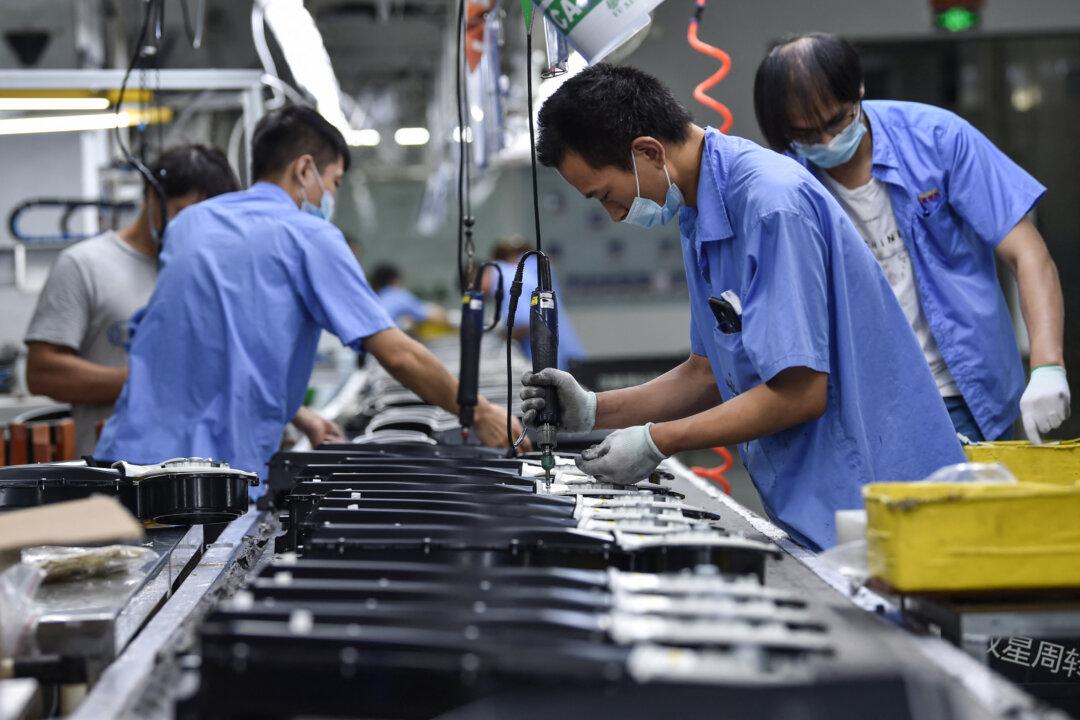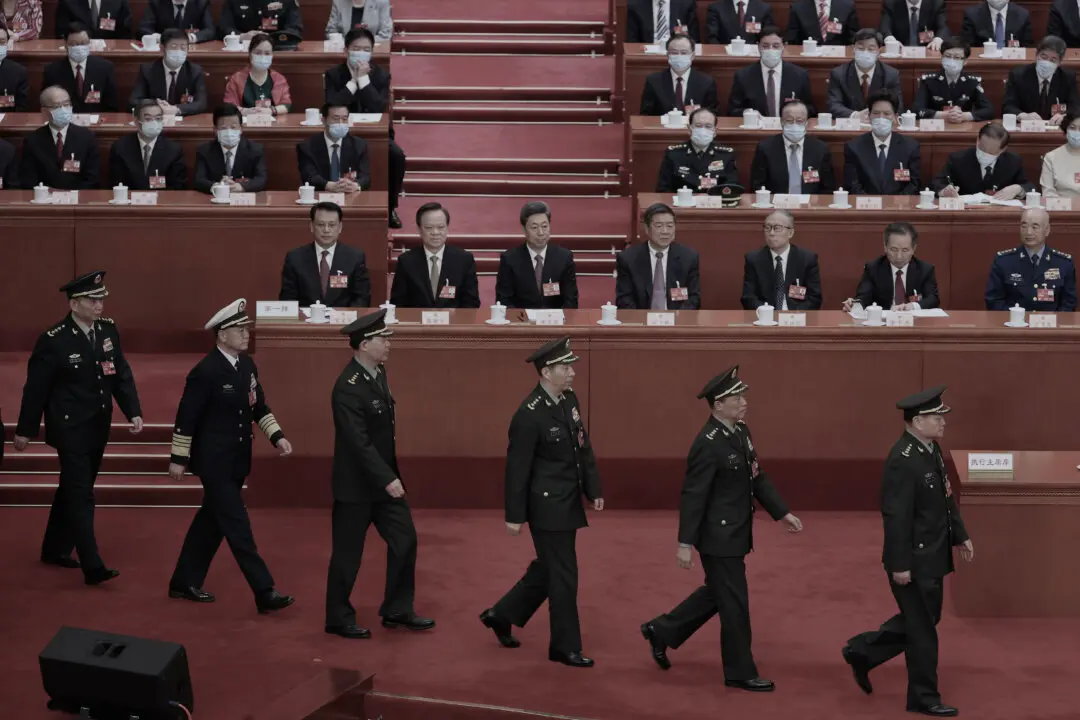The impact of state-enforced power cuts in parts of China is becoming evident with one example being worker unrest. Worker protests have broken out in a major city in the country’s east coast economic center the Yangtze Delta, due to lower wages and shortened work hours caused by power restrictions put on factories.
In the delta city of Suzhou in Jiangsu Province, workers protested at Wujiang Jingyuan Computer Factory on Oct. 10 and Oct. 11. Nearby roads were blocked and both local police and riot police showed up at the scene.




